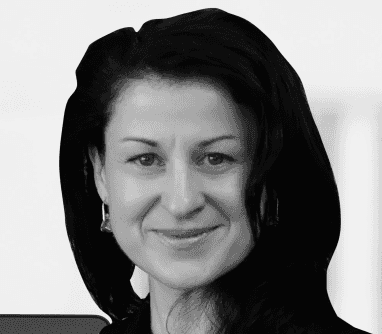I was working with my coach recently and the conversation landed on the power of trust within the coaching environment – and also within the broader organisational context.
The obvious place to start delving into trust models is with David Maister’s trust equation as it’s one of the most famous in the business world. It’s called a ‘trust equation’, but actually it explores trustworthiness, or how to earn trust. It reminds us that in trusting relationships we ought to put our own needs last. His model reminds us of the damaging role self-interest can play in undermining trust. This is a trending topic now in leadership, business and politics but what is interesting is that the meanings in his equation are almost entirely personal, not institutional, so it’s really about people trusting people.
Nowhere is this more nuanced that within teams, where team dynamics are vital for performance. There are several aspects to this: trust between team members; the psychological safety to have the confidence to speak up and take risks; and the trust of team cohesion, a founding pillar of psychologist Bruce Tuckman’s “Forming, Storming, Norming, and Performing” model for team effectiveness.
This is not a topic that shows any sign of waning currently – according to recent research by Mc Kinsey, the number-one reason teams fail is a lack of trust, so David Maister’s book, ‘The Trusted Advisor’ (2000) is as relevant as ever for us all.


